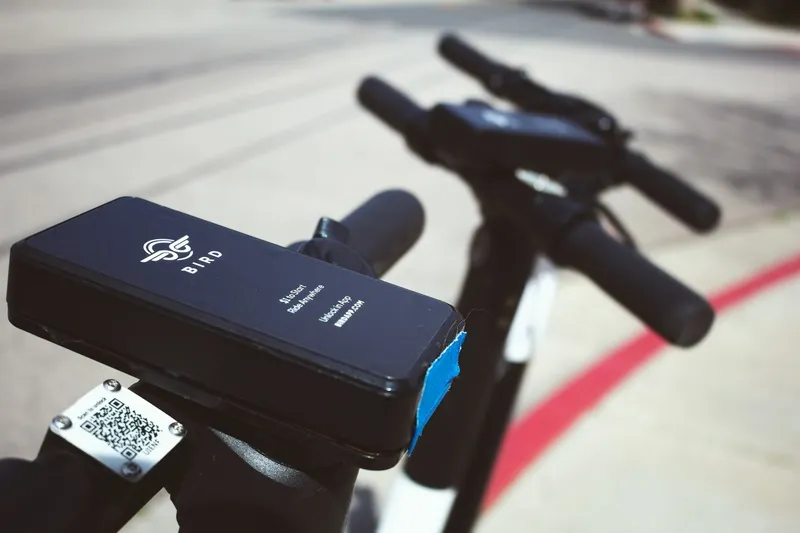
Customers of electric vehicle (EV) charging specialist Enel X will also be able to rent Bird e-scooters in Italian cities as part of a last-mile initiative to take pressure off urban streets.
The idea is that EV drivers with the Enel X JuicePass app will be able to park and refuel at public charging points and continue their journeys on Bird scooters for "a fully integrated mobility experience".
The companies have been collaborating since last year, and have now added a section to JuicePass which gives access to more than 5,000 Bird scooters in places such as Turin, Rome, Milan, Verona, Rimini and Pesaro.
"Our partnership with Bird allows us to offer JuicePass users a unique travel experience within cities and a valid alternative to traditional means of transport, thanks to which traffic flows in our cities can also be eased," said Alberto Piglia, head of e-mobility at Enel X.
"Our goal is to provide a last-mile solution that, when combined with EVs and public transport, makes cities more livable and safer for everyone.” said Cristina Donofrio, general manager, Italy, at Bird.
JuicePass users will be redirected to the Bird app to book the nearest scooter identified on the map.
The companies insist: "At the end of the journey, the scooter must be parked in a safe place that does not interfere with pedestrians and vehicles."
There is a charge for unlocking the scooter and a per-minute fee.









